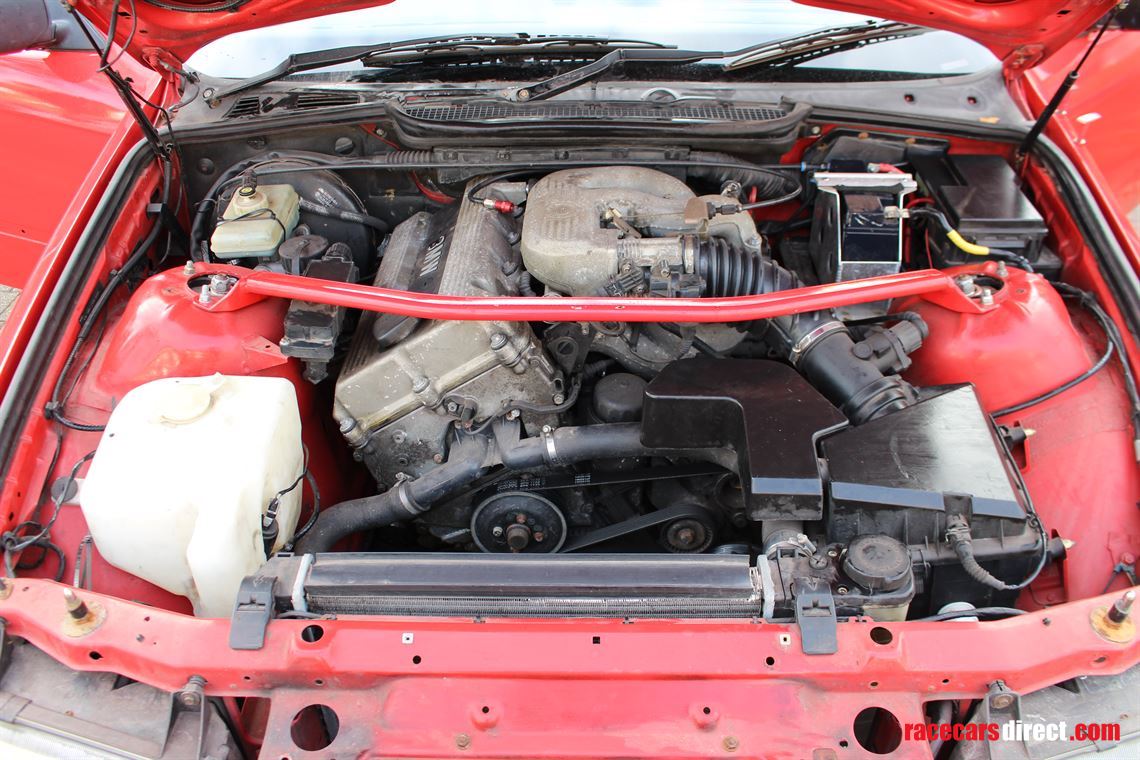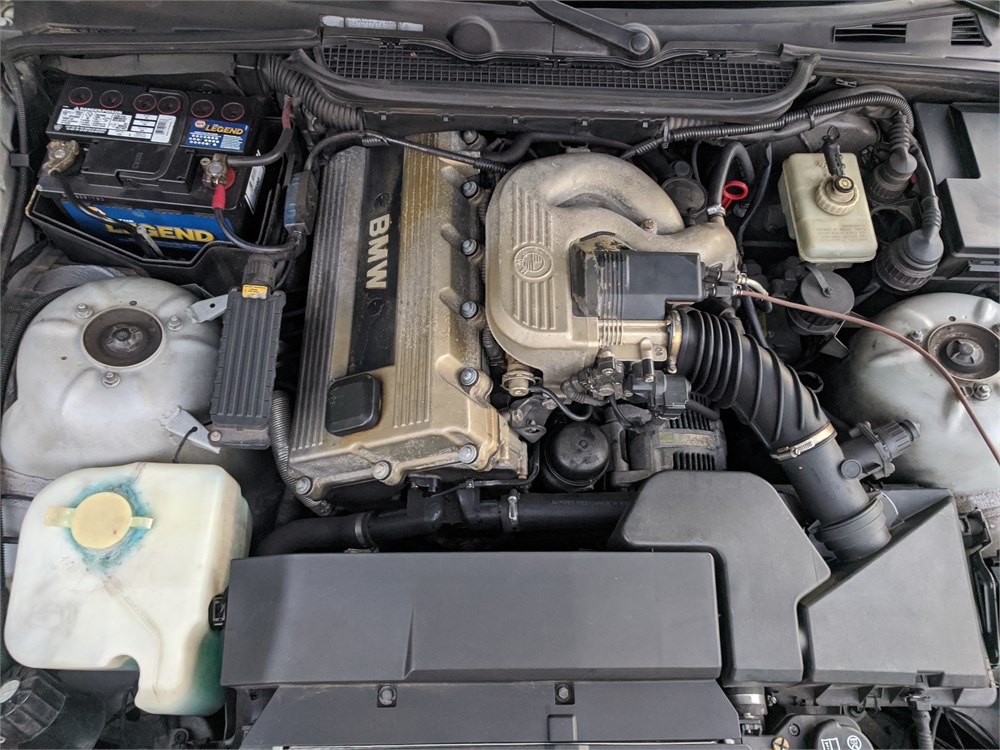BMW 318ti: Performance Specifications and Qualities Explained
BMW 318ti: Performance Specifications and Qualities Explained
Blog Article
Vital Considerations for Choosing the Ideal Engine for Your Needs
In the world of selecting the excellent engine to meet your needs, several important aspects demand careful consideration to make certain optimum efficiency and efficiency. From the nuanced equilibrium in between power and performance to the often-overlooked elements of maintenance and service demands, each aspect plays a pivotal duty in identifying one of the most ideal engine for your specific requirements. As the complexity of engine technologies proceeds to evolve, discerning the most fitting alternative requires a deep understanding of the interplay between different factors to consider. By exploring the elaborate web of aspects that underpin this decision-making procedure, a clearer course arises in the direction of selecting an engine that not just satisfies yet exceeds your expectations.
Power and Efficiency
When reviewing engines for ideal efficiency, it is important to focus on both power outcome and performance. Power output measures the capability of an engine to produce power, which straight impacts its performance. A high power outcome is vital for demanding tasks such as high-speed needs or heavy-duty applications. It makes sure that the engine can handle the work effectively and effectively. Power alone is not sufficient; efficiency plays a significant duty in establishing the general efficiency of an engine. Performance refers to exactly how well the engine converts fuel into functional power. A more efficient engine will certainly deliver much better mileage, reduced discharges, and decreased operating prices. Striking the best balance between power outcome and performance is key to picking an engine that meets your specific demands. When making this decision, it is essential to consider variables such as the intended usage of the engine, ecological impact, and lasting cost effects. By meticulously examining both power and efficiency, you can choose an engine that provides optimum efficiency and meets your demands properly.
Gas Performance and Economic Situation
Fuel efficiency refers to the engine's capability to convert fuel into power with very little waste, directly impacting operating costs and ecological sustainability. Engines with higher fuel performance not just lower fuel costs however likewise decrease carbon exhausts, adding to a greener procedure.

Compatibility and Application
Taking into consideration the gas performance and economic situation of an engine, the following crucial aspect to address is its compatibility and application within particular functional contexts. Compatibility describes exactly how well the engine incorporates with the general system or devices it powers. It involves variables such as physical measurements, placing choices, electrical interfaces, and control systems. Making certain compatibility is important to avoid concerns such as getting too hot, vibrations, or power imbalances (bmw 318ti).
Furthermore, the application of the engine is equally important. Different engines are created for details objectives, whether it be commercial equipment, aquatic vessels, vehicles, or power generators. Understanding the intended application enables the option of an engine that can supply the required power output, torque, and operational attributes. A high-revving engine made for performance vehicles would not be ideal for heavy-duty building devices that needs high torque at low speeds.
Upkeep and Solution Requirements
Maintenance and service needs play an important role in making sure the durability and ideal efficiency of an engine. Regular maintenance is necessary to protect against malfunctions, navigate to these guys expand the life-span of the engine, and maintain its performance. When choosing an engine, it is necessary to think about the supplier's advised upkeep schedule and the schedule of service centers or certified specialists.
Elements such as the frequency of oil adjustments, filter replacements, and general examinations can substantially impact the engine's performance. Some engines might call for more constant servicing based on their style and use, while others might have longer periods in between maintenance checks. It is vital to comply with these solution needs to avoid costly repair work and unexpected downtime.

Cost and Budget Considerations
Budget plan restrictions frequently play a significant function in the decision-making process when choosing an engine for a particular application. When considering the expense and budget implications of picking an engine, it is vital to evaluate not just the initial acquisition price but likewise the lasting expenditures connected with upkeep, fuel usage, and potential upgrades or repairs. It is critical to strike an equilibrium in between the in advance cost of the engine and its general lifecycle prices to ensure that the picked engine stays monetarily sustainable throughout its operational life expectancy.
Variables such as gas dependability, efficiency, and sturdiness can straight affect the total price of possession of an engine. While a more pricey engine might have higher upfront costs, it can potentially result find out here now in lower upkeep and gas expenditures over time, hence offering much better value in the long run.
Conclusion

Fuel efficiency refers to the engine's capacity to convert gas into energy with very little waste, directly affecting operating expenses and environmental sustainability.Aspects Get More Information affecting gas performance consist of engine style, combustion performance, and overall efficiency optimization. In addition, picking the proper fuel type and quality as recommended by the engine manufacturer can further improve efficiency and prolong engine lifespan.
Engines with excellent use functions and readily available parts can decrease upkeep costs and minimize the time the engine is out of operation - bmw 318ti. It is critical to strike a balance between the ahead of time price of the engine and its overall lifecycle costs to make certain that the picked engine continues to be monetarily lasting throughout its functional life-span
Report this page